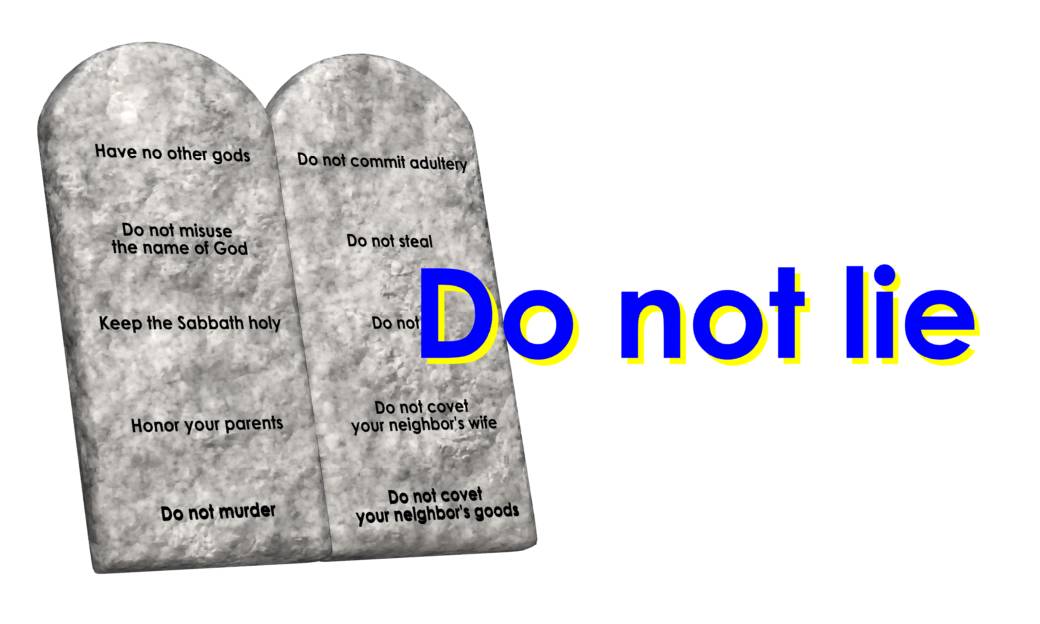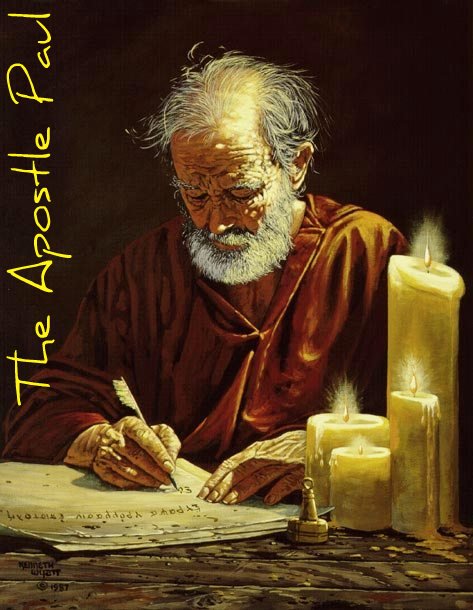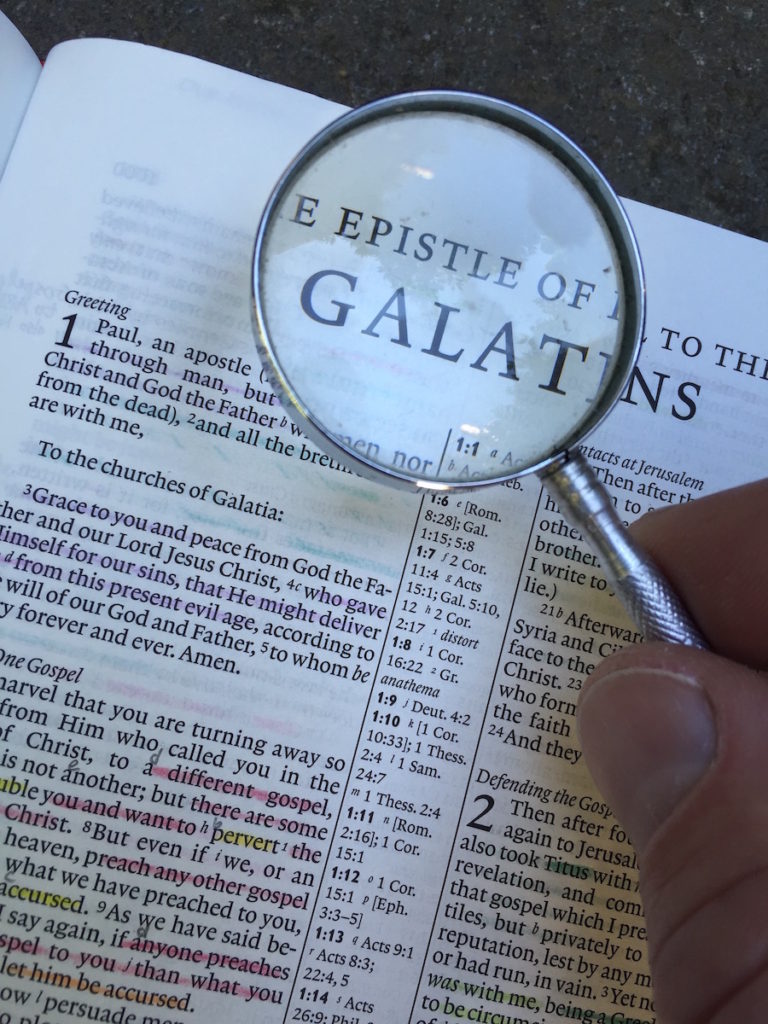
Galatians 3:13, Curse of the law. The curse of the law is not the Torah-law, but the penalty for violating it. Yeshua came to save us from the penalty of the law, not from the law itself. Through his grace and forgiveness coupled with our repentance, we are saved from the consequences of violating the law (the penalty of the law, which ultimately is death), but we have not been liberated from obedience to the law. That would be like saying that if someone pays your fine for speeding, the speeding laws no longer apply to you and you are free to drive at any speed you like. This of course is absurd.
Galatians 3:19, It was added/sent again. This refers to the Torah in its codified form as given to the Israelites at Sinai, and to the sacrificial system that was imposed on the rebellious Israelites until the time of Yeshua’s death on the cross (see notes at Jer 7:22). Let me explain.
The Levitical priesthood (along with the elaborate tabernacle sacrificial system) was a temporary institution that YHVH added (Gal 3:19 cp. Jer 7:21–22) to the nation of Israel’s legal system because of the firstborn Israelites’ (who YHVH commissioned to be the priests of their families, Exod 19:22 cp. Exod 13:2, 11–16) failure to prevent Israel from worshipping the golden calf and to sin by faithlessly grumbling and murmuring against Elohim. In a general sense, YHVH didn’t give the Israelites the Torah at this time—the principles of which they and their forefathers already knew (e.g. Gen 26:5), and which were in existence since the foundation of the earth. These eternal and inviolate principles had already been passed on down to successive generations by men like Enoch, Noah and the patriarchs. So what other law was added? At Mount Sinai, the eternal principles of the Torah were codified into an administrative legal system (with civil penalties including the institution of a sacrificial system as a penalty for sin, which the Bible calls this system “the law of Moses”), and this codified system became the constitution of the nation of Israel. At the same time, YHVH gave them the institution of the Levitical priesthood and the sacrificial system (Gal 3:19), which (along with the rest of the Torah) pointed them to their need for Yeshua the Savior (Gal 3:16, 24). An example of such a codified system of law would be the American Constitution, the principles of which the founding fathers gleaned from many sources (including the biblical Torah, the ancient Greeks, English common law, the English Magna Carta and the French philosophers), which they then combined to make the legal code that now governs the United States (in theory). A similar situation occurred with the law of Moses, except the source for it was the Word, will, heart and character of Elohim, which he had revealed his servants of antiquity, and which then had been passed on down as well as additional laws that were given to Moses pertaining to governing the nation of Israel.
The civil penalties that the law of Moses prescribes along with the sacrificial and Levitical systems were temporary institutions that pointed, like a schoolmaster, tutor or pedagogue (to use Paul’s analogy in the latter part of Galatians chapter four), to Yeshua the Messiah, and which were completely fulfilled by the Messiah as the writer of Hebrews goes on to explains in great detail (see Hebrews chapters 5–11).
The general principles of the Torah are inviolate and have never changed. This includes the ten commandments, the biblical feasts, the Sabbath, the dietary laws, and all the laws and principles that regulate moral behavior as well as tell us how to love Elohim with our total being and our neighbor as ourselves. These are the eternal principles of the Torah of which Yeshua said that not one jot or tittle would pass away, that we must obey (both letter and spirit), and that obedience to will determine the saint’s rewards in the kingdom of Elohim. Yeshua explains all these things in his landmark and pivotal teaching that history now refers to as the Sermon on the Mount (i.e. Matthew chapters five through seven). Read it, believe it and follow these principles as they lead and guide you into the kingdom of heaven through Yeshua the Messiah!
Galatians 3:24, Schoolmaster. The church’s concept and understanding of the schoolmaster is incorrect. Consider what David Stern has to say about it:
Stern in his Complete Jewish Bible translates schoolmaster as custodian. He explains why in his JNT Commentary (p. 553). The word translated as schoolmaster in the KJV and other English Bibles is the Greek word paidagogos which literally means boy-leader. In ancient Greece a paidagogos was a slave who conducted a boy to and from school and was not actually the school teacher. You can verify this definition in Webster’s dictionary. As languages evolve words change in meanings. Therefore, a secondary modern meaning of pedagogue is a teacher or schoolmaster and pedagogy is the science of teaching. Stern explains that the ancient Greek paidagogos had no teaching function and although the Torah had as one of its goals the leading of Jewish people to the Messiah, as Paul explicitly states at Romans 10:4, that is not the import of the present verse. The paidagogos actually would have been a harsh disciplinarian for the Jewish people, providing some protection but generally making the Jewish person aware of many transgressions so that Jews might turn from legalistic rule-following and be declared righteous legally on the basis of faith and being faithful to Yeshua, whose trusting faithfulness to God the Father purchased our salvation.”
Just because the Torah-pedagogue brought us to the Messiah, doesn’t mean we don’t need it anymore. This is a presumptuous and false understanding of Paul in Galatians 3:24 in its broader context.
One purpose of the Torah was to identify our sin (1 John 3:4) and hence our need for the Messiah who forgives that sin. This is what Paul is saying in Gal 3:24.
Continue reading





